PART 9.3
PART 9.3
Story A
There are medicines that could save the lives of the 500,000 children who die from malaria each year. Most of these children live in the low-income countries of Sub-Saharan Africa. Novartis manufactures the drug, artemisinin-based combination therapy, that is the standard of care for the treatment of P. falciparum malaria, the most deadly form of the disease. Although the global health community has for a long time been skeptical and wary of the private sector where profit was the driving force, Novartis happened to have a CEO who came from the field of global health and was inspired by the vision of global health equity. But neither these malaria-endemic countries nor WHO could afford to purchase commercially the amounts of this drug needed to treat the children who were at risk.
Story B
We live in an environment where each of us is impacted by the health of others. The social determinants of health are the conditions under which we are born, grow, get educated and work. For example, some children live in places where there is no safe place to play and they do not get good nutrition. They may also lack access to quality education and good jobs. Racism and poverty also contribute to health inequities. These social determinants have a major impact on equity and can be major barriers to good health and well-being. But policy makers are often looking for quick wins, and simple solutions. They often don’t have the patience necessary to understand and address complex issues like these social determinants of health.
FEATURING
Dr. Vas Narasimhan, CEO Novartis
Dr. David Satcher, 16th United States Surgeon General
